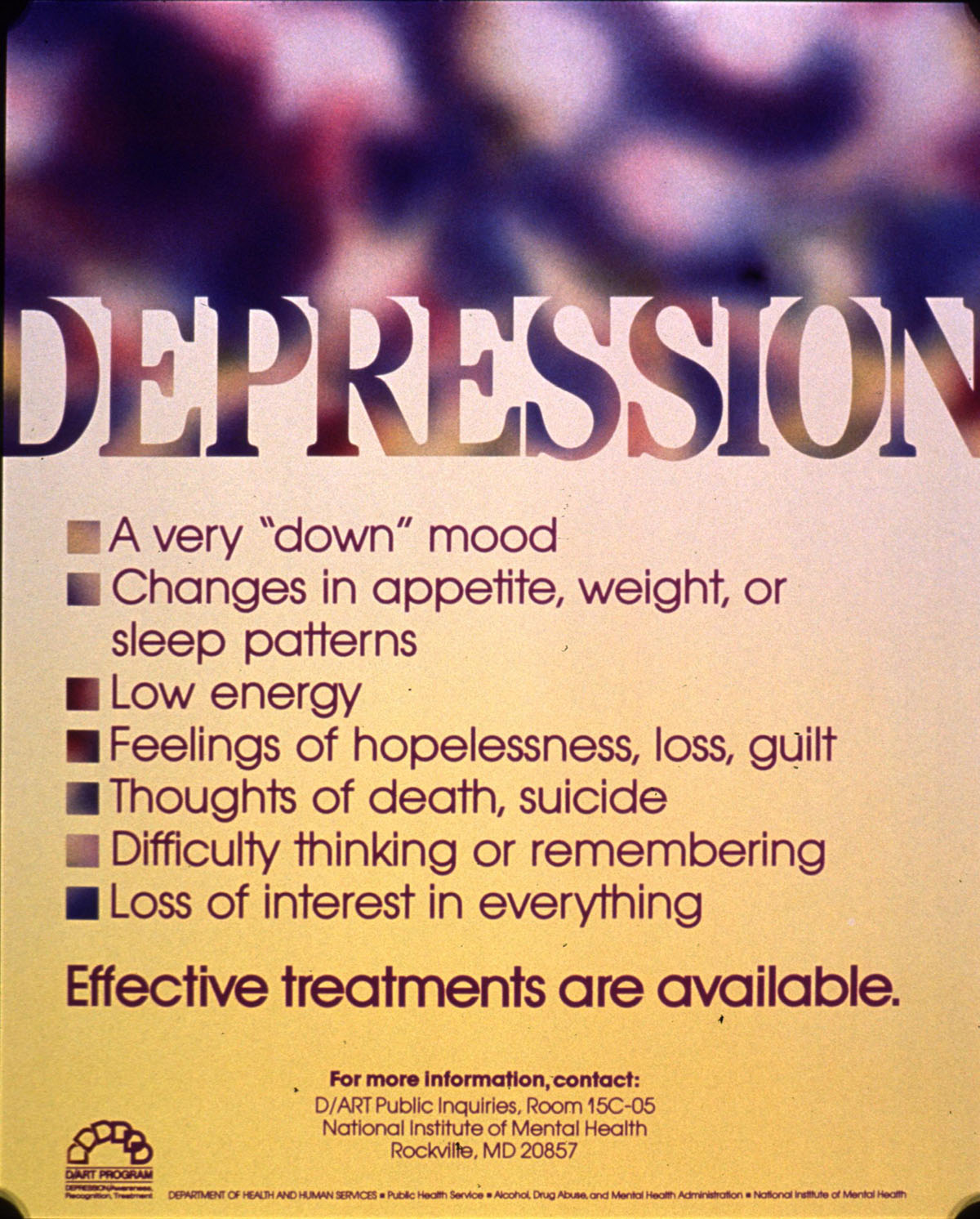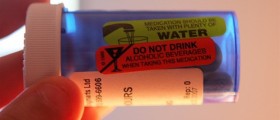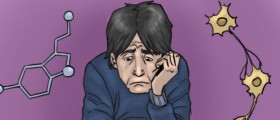
The Relation
It is a well-known fact that people who have been having issues with alcohol consumption for quite some time are prone to its damaging effects, especially those that are related to the serotonin neuro-transmitters. This, however, does not mean that a person in question is going to suffer from anxiety, depression or some similar condition. What alcohol actually does is contributing to depression and enhancing its overall effect by increasing its intensity, as well as gravity. But with all facts considered, not all people who have swapped an actual living friend for alcohol will turn out to become chronically depressed. What is also a well-known fact by both, heavy drinkers and those who have a drink only occasionally, is that alcohol itself has a soothing and tranquilizing effect on the mind of the person in question. Therefore, it is considered as one of the factors that add up to the development of depression rather than being the main culprit for its development. When we translate this into numbers, it turns out that as much as 40 % of those who drink in greater quantities than normal do experience manifestations that are similar to those characterizing depression itself. But only as little as 5-10 % of people who suffer from depression do exhibit manifestations similar to those characterizing alcohol related problems.
Wrong Presumption
It is a rather wrong kind of thinking that alcohol can ease and solve depression and the related problems, but still, many of those who suffer from depression do indulge in alcohol exactly out of this reason. The truth is, however, that the otherwise euphoric feeling that accompanies alcohol consumption is not long-lasting and before you know it, it transforms into the one of hypersensitivity, irritability and drowsiness. In case, a person who is a frequent drinker did not have any of the heavy alcohol related issues in the past, that person is most likely not to fall under the influence of depression. What numerous research studies that have been conducted up till this day confirm is that those persons who have had the misfortune of suffering from alcohol related issues, and did so before and after turning 60, are those who are most prone to developing depression. One other indicator is that, if a person had at one point of his/her life serious issues with alcohol, he/she is a most likely a candidate for developing depression later on in life.
New Findings
What newest research studies have also revealed is the effects that alcohol has on our brain and its functions, as well as to what extent and in what manner our brain gets affected by conditions such as depression. What is known now is that certain systems participating and responsible for causing a bad mood, improper sleep, anxiety and bad appetite during the bouts of depression, are affected by alcohol as well.

















Your thoughts on this
Loading...